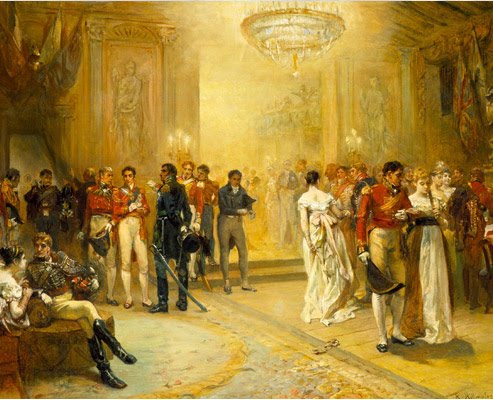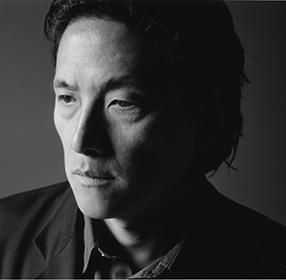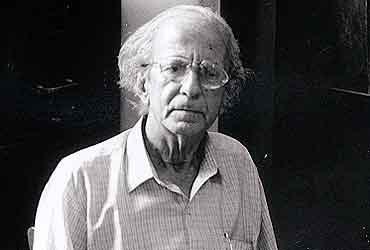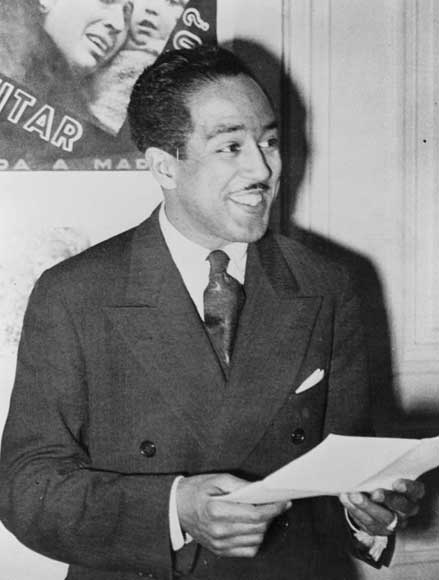In this poem, Hughes says that America, which was supposed to stand for democracy and equality, no longer embodies such values. Parallely, a voice in the poem speaks in an aside saying that the American Dream was never a plausible reality for him. This, says Hughes, is the voice of all disenfranchised citizens of the country – be they poor Whites, Blacks, American Indians, or immigrants – for whom everyday is a rat race for survival. It is also the voice of the young who have the potential to take the nation forward, but who get embroiled in games of power and profit, since individual greed is what now drives America. In addition, it is also the voice of farmers, workers, servants – in other words, all second class citizens – who, despite being patriotic and sincerely believing in the American Dream, are left to starve because no opportunities for advancement are open to them.
Hughes goes on to say that it is, in fact, immigrants who had originally dreamt the Dream. They had fled persecution by tyrants in Ireland, Poland, and England to build this nation for the free. As an African-American, he also includes the special category of the “Negro” slave who had been brought to America, and whose labour was harnessed to build America.
Next, the poem poses the question whether any man in America is free, and answers in the negative. Hughes presents as evidence the millions of American citizens on relief, and the millions who are shot down while rallying for their rights. He says those millions have nothing at all other than an empty shadow of the Dream they had believed in, of the America about whom they had sung and whose flag they had proudly unfurled.
Hughes then states that America has never lived up to all it was supposed to be. But if all the poor and disenfranchised peoples of the nation stand together and reclaim America, it can become the site where equal opportunity for all is an undisputed reality. And whom must they reclaim America from? From “leeches” who profit from their labour, and offer nothing in return.
Hughes knows he will not gain a good name for himself by making such politically-motivated statements, but he doesn’t mind that. He says, “The steel of freedom does not stain.” Once again, Hughes asserts that America was never America to him. However, he follows this up by swearing that America WILL embody democracy and equality; it will live up to its claims of being “the homeland of the free.” Lastly, Hughes outlines an effective plan of reclaiming America.
He says that, on the one hand, African-Americans, American Indians, economically-inferior sections of the American citizenry, immigrants, and the working classes must all rise above the grim realities of their lives, above the torture, rape, stealth and lies they see around them everyday. On the other, they must aim for redemption of the land they live on, the mines where they work, and nature that surrounds them (including trees, rivers, mountains, and plains).
They must do so not in spurts within their own regional locations, but across the stretch of America, in all the united “states” that make up the country. Only then will the American Dream come to be realized. Thus the poem ends on a hopeful note with Hughes expressing confidence in his fellow men to make America a country they can be proud.
Dear Readers- If this summary/analysis has helped you, kindly take a little effort to like or +1 this post or both. Make sure you like Beamingnotes Facebook page and subscribe to our mailing list so that we can keep in touch. We’ll keep informing you about stuffs that are really interesting, worth knowing and is important to you.
Some online learning platforms provide certifications, while others are designed to simply grow your skills in your personal and professional life. Including Masterclass and Coursera, here are our recommendations for the best online learning platforms you can sign up for today.
The 7 Best Online Learning Platforms of 2022
- Best Overall: Coursera
- Best for Niche Topics: Udemy
- Best for Creative Fields: Skillshare
- Best for Celebrity Lessons: MasterClass
- Best for STEM: EdX
- Best for Career Building: Udacity
- Best for Data Learning: Pluralsight
















